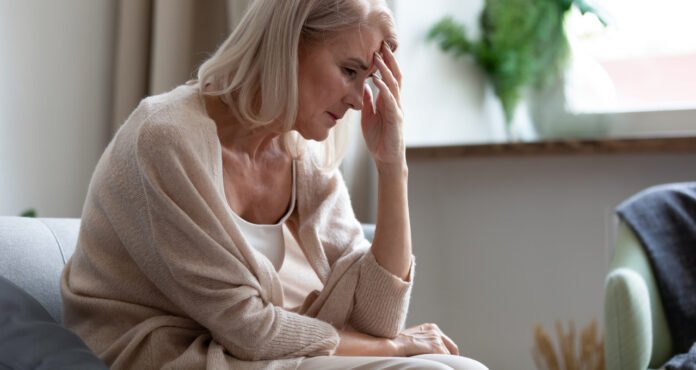Are you experiencing hot flashes and difficulty sleeping? You might also experience unexpected weight gain or unusual anxiety. It doesn’t matter what age you are, menopause could be coming. Even though everyone will experience menopause at some point in life, it’s not often discussed in the media. This is unfortunate, as many women are unaware of what to expect or are uncertain about the treatment options.
Lifeline Medical Associates recognises that each woman’s experience with menopause is different, but there is one constant: it changes the world. It’s easy to explain: When estrogen and progesterone stop being produced by the ovaries, menstrual cycles stop and slow down. However, it can also lead to physical, mental and emotional changes. Let’s have a look at the potential symptoms of menopause and discuss treatment options. Finally, let’s talk about how we can help you make this transition as smooth as possible. Keep reading to find out more.
When Can We Expect Menopause To Occur?
Menopause is usually diagnosed around one year after a woman experiences her last menstrual cycle. However, irregular cycles can continue for many years until they cease. Genetics is the most important factor. Many factors affect the time a woman will enter menopause. Menopause has a strong DNA link. This means your mother’s age, when she experienced natural menopause, will provide some guidance as to when you should expect to experience it.
Some women might experience premature or early menopause. Premature and early menopause are those that occur before the age of 40. Women who reach this age should be considered young. This happens in 1.5% and 5%. Premature or early menopause symptoms can occur either by accident or because of a lifestyle choice or medical condition. Here are the main risk factors for premature or late menopause
- Having the ovaries removed
- Having the uterus taken out
- Radiation treatment or chemotherapy
- A family history involving menopause at an early age
- Smoking
The Stages of Menopause
It doesn’t happen in a single day. It takes some time before your ovaries stop producing the estrogen or progesterone that controls your menstrual cycle. There are three main stages of menopause.
Menopause: It occurs when estrogen and hormone levels start to decline, typically about three years before menopause. Most women will experience symptoms of perimenopause after their 40s.
- Periods of infrequent periods
- Hot flashes
- sleep disturbances
- Insomnia
- Night sweats
- Increased heart rate
- Belief swings
- Anxiety or Depression
- Vaginal dryness
- discomfort during sexual intercourse
- Urinary issues
While it is possible to become pregnant during perimenopause, the chances of having children are less. To avoid getting pregnant, it is best to continue using effective birth control.
Perimenopause: Once you have missed your period continuously for at least one calendar year without any other causes (e.g., no pregnancy, sickness, or breastfeeding), you have reached menopause. On average, the transition to menopause takes 1-3 years. However, for some women, it may take longer or shorter.
Post menopause: This stage begins one year after your last period. You might still experience symptoms like night sweats and hot flashes during this period.


